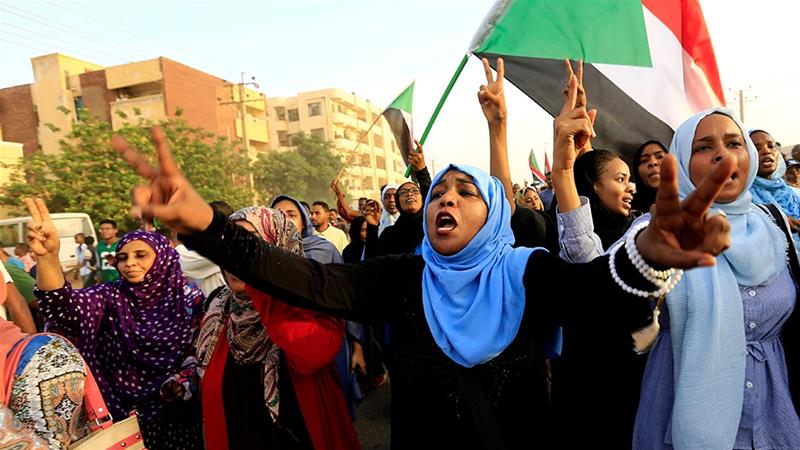
After long-time ruler Omar al-Bashir was overthrown in 2019 following a coup and massive protests, Sudan has drafted wide-reaching reforms contrasting the 30 years of Islamist rule.
buy bactroban online https://www.mabvi.org/wp-content/themes/mabvi/images/new/bactroban.html no prescription
In the first public explanation, the Sudanese government outlined reforms including allowing non-Muslims to drink alcohol, scrapping the apostasy law, public flogging and women no longer needing permission from a male relative to travel with their children.
Referring to the reforms, Justice Minister Nasredeen Abdulbari said, “We [will] drop all the laws violating the human rights in Sudan”.
Following the revocation of laws that controlled how women acted and dressed in public, the latest reforms involve removal of laws that convicted anyone of renouncing Islam or apostasy- targeting those deemed to have abandoned Islam.
Sudan has also prohibited female genital mutilation (FGM).
The new law on alcohol allows non-Muslims to consume alcohol in private.
Mr Abdulbari explained on the state TV how the reforms protected the rights of Sudan’s non-Muslims, who make up around 3% of the population.
As the ban on Muslims drinking in Sudan remains, non-Muslims could still be punished if they are caught drinking with Muslims.
buy valif online https://www.mabvi.org/wp-content/themes/mabvi/images/new/valif.html no prescription
Non-Muslims in Sudan are now allowed to drink, import, and sell alcohol.
The 1980’s strict Islamist laws played a key role in the civil war of Sudan that resulted in the independence of South Sudan consisting of a Christian majority.
